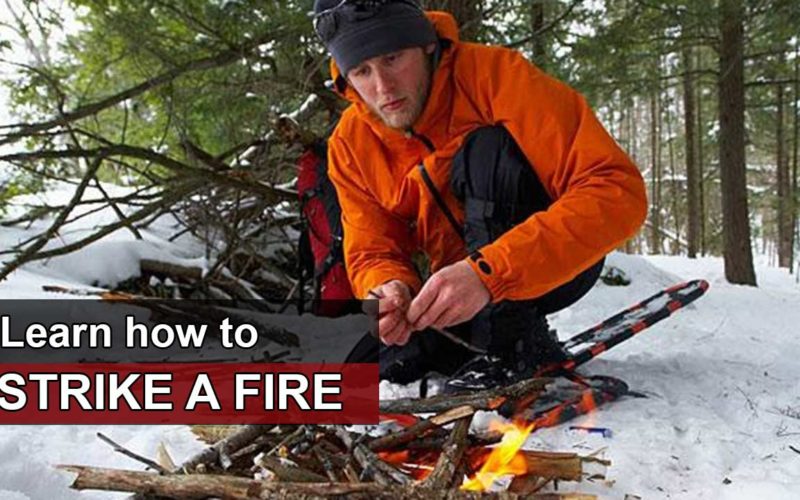I want to start this article by first wishing good fortune upon every reader reading this. May your days be filled with happiness and ice cream. May no misfortune befall anyone and any instructions provided here are just in case.
Secondly, I want to emphasize that these skills are not difficult to learn and can be learned by anyone. You do not need to be exceptionally intelligent or athletic to learn and assimilate these skills.
These skills, after you learn them, will make you tremendously resourceful and after acquiring an appropriate amount of expertise in them will also boost your confidence.
Keep in mind that not all these skills are needed for day-to-day purposes but can be extremely useful in crux situations.
1. Swimming

This the most basic skill you need to learn and learn quickly. Whether it is a picnic by a lake where you and your friends will take a swim or maybe you are going to that summer cruise, finally. Swimming is an absolutely essential skill and can be learned in less than a month. The advantage in learning swimming is also that, like cycling, you never actually forget how to swim.
You just have to learn basic swimming skills. Like, how to swim to safety, knowing your limits as to how long and how far you can swim.
Keep in mind that basic swimming is just to keep yourself afloat in water. Rescuing another drowning person is extremely dangerous and takes training. People who can do that are called lifeguards. Training to become a lifeguard is an upgrade, but is not essential to your survival, unless one of your loved ones is drowning.
2. Pushing and pulling your weight

An ignored ability rather than a skill, and very important one in today’s sedentary lifestyle. Pushing and pulling one’s weight is one of the basic fitness criteria. You do not need to be athletic to do this. It can be acquired by simple exercises like push ups and pull ups. You may do umpteen bicep curls with 40-kilo dumbbells at the gym, but it’s useless in applications.
No one is going to approach you with a dumbbell in an earthquake and ask you to do 20 curls.
Pulling or pushing your or someone else’s weight can save a life in emergency situations.
3. First aid skills

Many simple skills like how to bandage a small wound are acquired during the course of normal life. Other skills like how to make a brace for a fracture or administer CPR requires special training. The training, however, is extremely useful in not only saving your own life but also, lives of those around you.
4. The art of self-defense
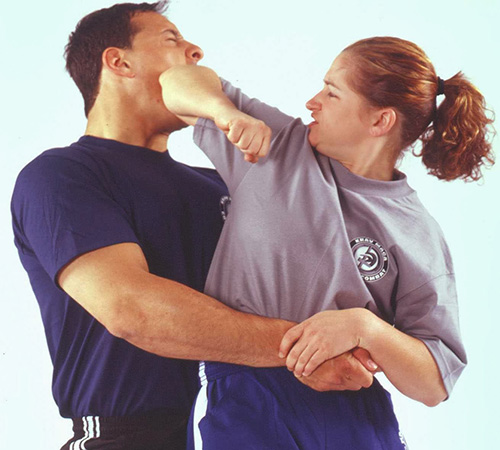
No, I do not mean you need to be a black belt in Wing Chun or Krav Maga or any other martial art. But a basic knowledge of defending against a person who means harm, until you get to safety is a valuable skill. But this article encourages this skill only for defense and never, ever for the offense.
5. Basic knowledge of mechanical and electrical systems

Another useful skill, most of the basic electric and mechanical systems are taught to us in high school. But that is just theoretical (I am assuming). A good thorough practical lesson on these systems is valuable knowledge. This could include –
Hot-wiring a car or a bike.
Repairing a fuse.
Jump-starting a car.
Using tools and knowing which tool does what is a natural extension of this skill.
6. How to make fire from scratch

This knowledge that the stone age men used to finally eat cooked food is extremely crucial in wilderness survival. Apart from cooking, fire in wilderness proves to be useful on many levels. It can be used to sterilize water, bandages, to keep away wild animals and keep you warm and dry.
7. Basic knowledge about edible plants and animals
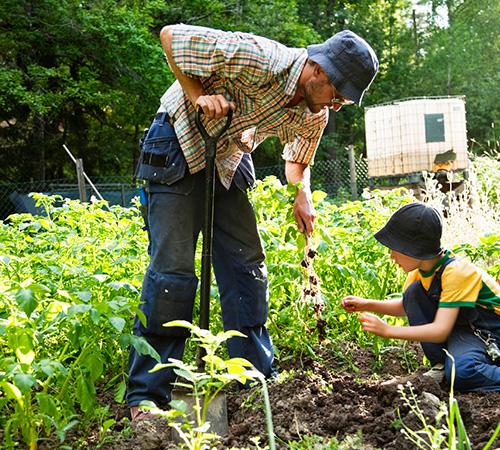
Basic knowledge about plants and animals is absolutely essential because plants and animals constitute a source of food and nourishment. This includes gardening too. Yes, gardening. In a time where everything is available in the grocery store right around the corner, we forget the effort that goes behind making a plant grow and getting produce from it.
Medicinal qualities of plants cannot be forgotten too. When synthetic drugs are unavailable, the knowledge of identifying medicinal plants can be extremely useful and probably critical.
8. Basic knowledge of Geography
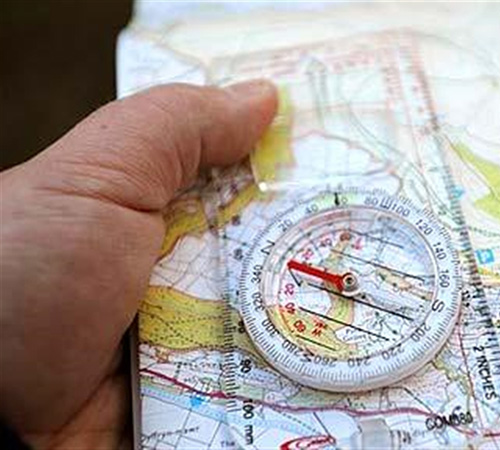
This is where I am pushing you. I want you to know a bit of astronomy too in case you get lost in the woods and have to navigate back home and the only pointers you have been stars and the moon. No, that looks like too much study, but basic high school geography is good enough to get you out of sticky situations, be it in the wilderness or an urban area.
9. Learning to tie a knot
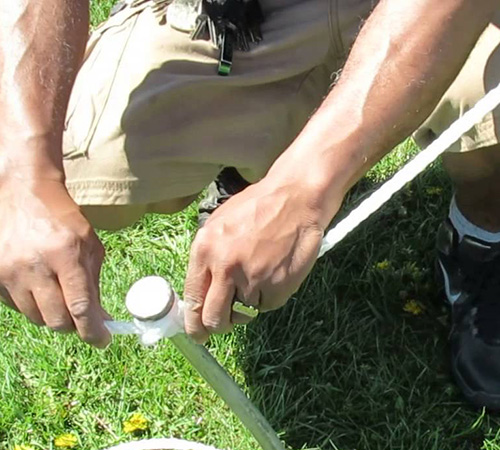
Countless mountaineers and sailors have dodged life-threatening situations because they knew to tie a knot when the situation called for it.
Knots are useful for climbing up and descending down steep surfaces. Knots are useful for tying tarpaulin to makeshift shelters in the wilderness. They can be extremely useful for getting out of a building if the stairwells are not accessible.
Knots take a lot of practice to learn, but the simpler ones are relatively easier to remember and use. Use them to get yourself out of knotty situations.
10. The art of negotiation

A people skill and extremely important, the art of conversation to convince a person or a group of people for your advantage can be very handy in sticky situations.
In addition to convincing a person, you can prevent disputes from happening too, be it in a group or in a one-on-one scenario. This skill in this listicle is probably the most difficult skills to master. It is subtle and will take time but is a useful addition to your arsenal of survivability.
11. Mental preparedness
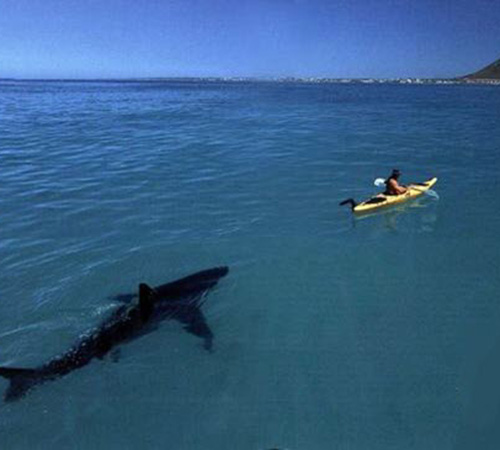
Physical preparedness is only half of the readiness you require in any emergency situation. Mental preparedness is an equally essential skill and both aspects are symbiotic and complementary. Some necessary skills are as follows –
Situational awareness – noticing people who are paying attention to you.
Spatial coordination – learning to NOT be clumsy. Yes, it is a mental thing. Tripping over a silly object when being chased by the bad guy is not a good way to go.
Spatial awareness – Knowing the exit to any closed area, approximate distance and time it takes to get there, etc.
And the most important of all – keeping calm, even if the situation is bad enough that it deserves panic.
Live long and prosper.




